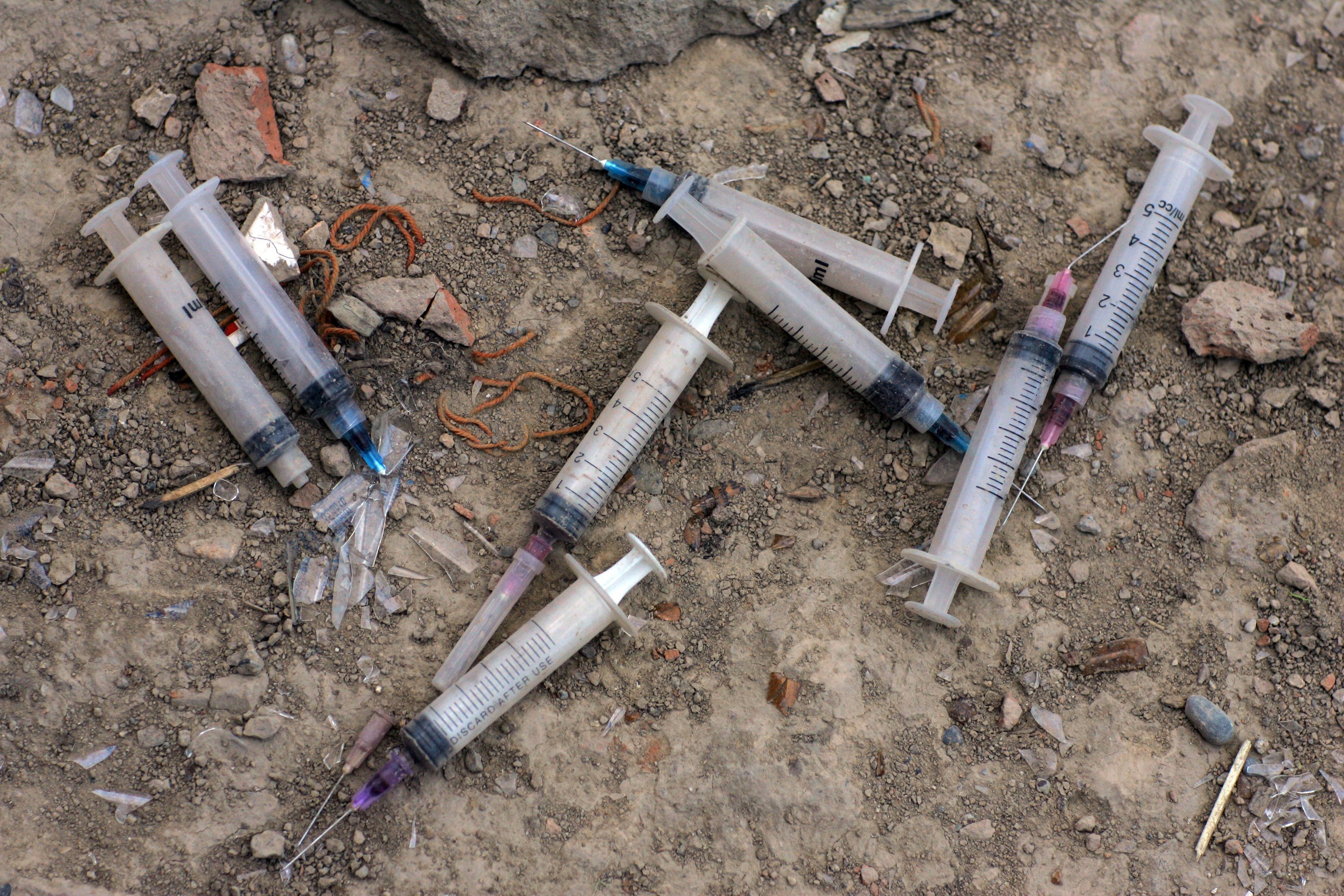UNODC regional representative Gary Lewis said drug therapy must be made available to people who are in desperate need of it.
“Treatment is not available in our region to the degree that is required and in the quality that is required,” Lewis said on 24 June in Bangkok at the regional launch of the UNODC World Drug Report.
The regional trend of compulsory treatment centres for drug users - evident in countries like Cambodia, China, Vietnam and Malaysia - puts drug users at risk because of poor treatment and lack of HIV-prevention services, according to a World Health Organization report.
Lewis said approaches which violate the rights of the individual are ineffective.
“What does not work are fear- and scare-based tactics for prevention and [treatments] that are involving compulsory approaches,” he said.
What does work, he added, are prescription medications to treat addiction and long-term approaches based on drug dependence as a treatable disease with possibilities of chronic relapses.
Worldwide in 2008, there were 16-38 million problem drug users - including dependent and injecting drug users. Only about one fifth of them received treatment, according to the UNODC report.
Throughout Asia, almost two-thirds of users treated for drug problems used opiates, while about a fifth abused amphetamine-type stimulants (synthetic drugs), according to UNODC.
Myanmar, which produced 330 tons of opiates in 2009, has seen methamphetamine seizures skyrocket to 23 million tablets in 2009, from one million in 2008, the report said. Seizures of methamphetamines in China similarly rose from six to 40 million tablets, half of which were seized in Yunnan Province, which borders Myanmar.
mc/at/cb
This article was produced by IRIN News while it was part of the United Nations Office for the Coordination of Humanitarian Affairs. Please send queries on copyright or liability to the UN. For more information: https://shop.un.org/rights-permissions





